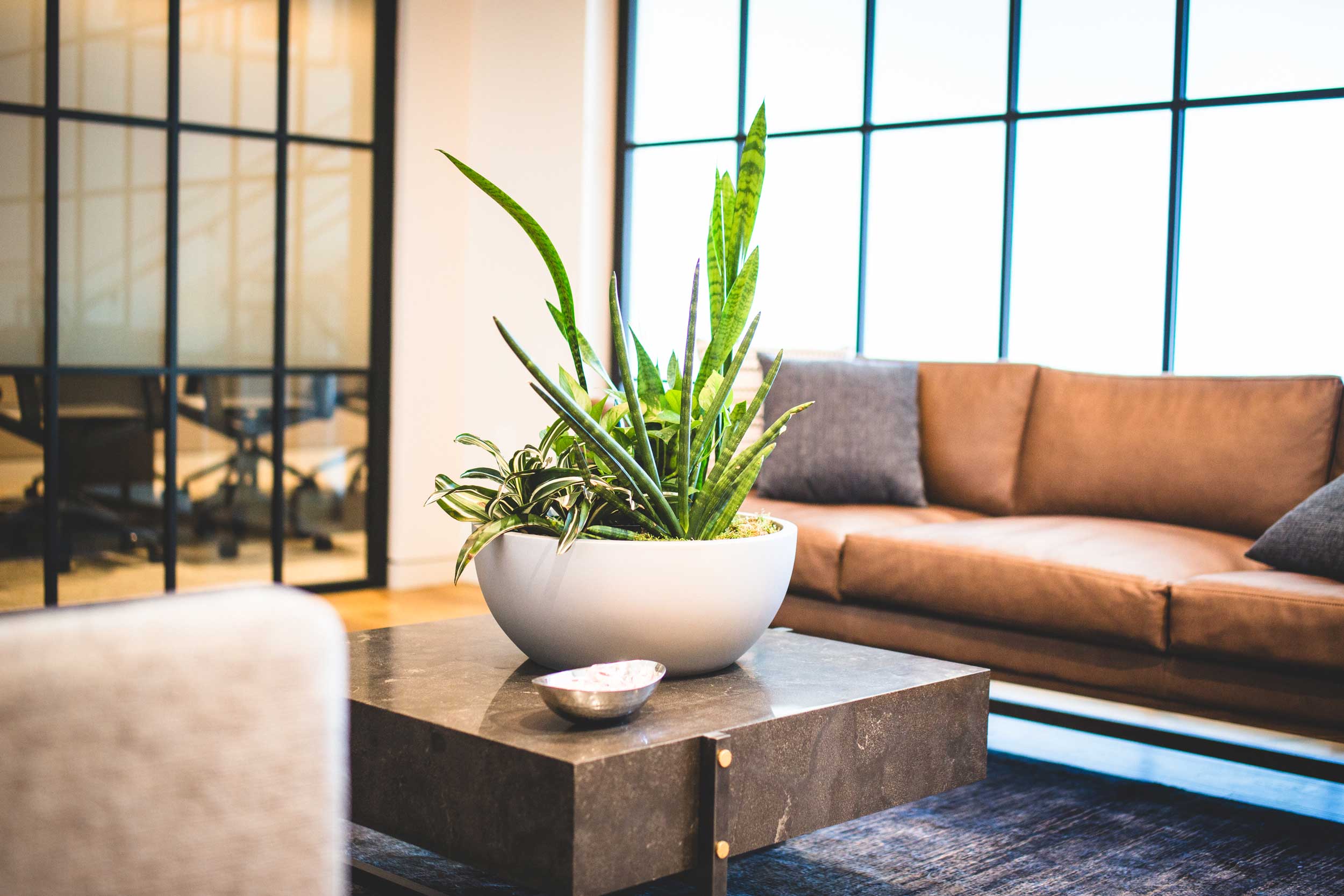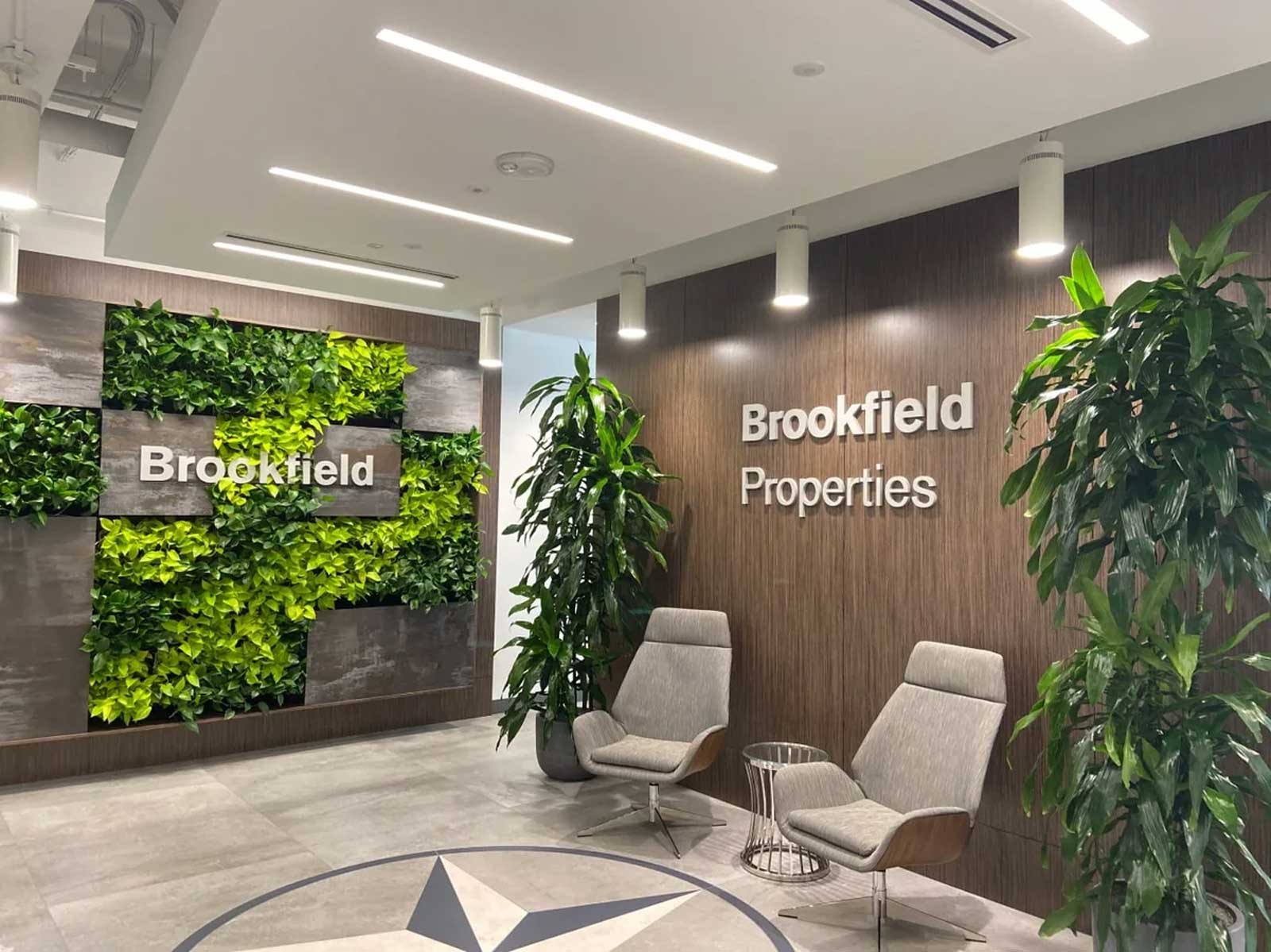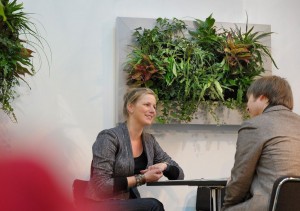5 Things You Might Not Know About Indoor Plant Maintenance

If you feel you lack a green thumb, take heart. It may just be that you’ve never been taught proper indoor plant maintenance. Sure, we know that plants need soil, water, and light. But if you haven’t been as successful with greenery as you’d like, knowing a few simple tips may help you develop the green thumb you crave.
Here are five areas to understand to ensure healthy, thriving indoor plants:
-
Plant selection
This is much more important than many novice growers realize. Indoor plant maintenance starts with choosing plants appropriate to your environment. Obviously, you want to choose a plant that you find attractive. If there’s a particular task you’d like the plant to perform (air purification, medicinal, gnat eating, olfactory, etc.), by all means, consider that too. More importantly though, look for plants that enjoy the same temperature as you. If you turn the heat on when it gets below 67 degrees, tropical plants are not right for you. If you live in the desert, raising orchids might not be in your future. Also, consider the space in your home where you plan to keep your greenery. How’s the light? Too much or too little will keep your new plants from thriving. Selecting plant life based on the environment you already have will make indoor plant maintenance that much easier. -
Water
Yes, plants need water—and the stuff coming from your kitchen tap may not be the best water for them. Be prepared to collect rainwater or to buy the distilled kind. Carefully research how much water the plant needs (that means more than just reading the tag stuck in the dirt of your new plant). This will probably be expressed in how damp or dry the soil should be. Putting a finger or two into the soil to check before each watering is essential to effective indoor plant maintenance. You might be tempted to water your plants on the same day each week, but in reality, the only way to know whether your plant needs water is by checking the plant and soil, not the calendar. -
Nutrients
Most plants gain nutrients from the soil they live in. This means proper indoor plant maintenance starts with the right soil. For some plants, this means dark, crumbly soil teeming with nutrients. For others, it may mean peat moss, coarse sand, or no soil at all. If you’re unsure what soil is needed, a little research can make all the difference. Beware of chemical fertilizers if you (or any pets) intend to eat from the plants. Knowing that different types of plants have vastly different nutritional needs is vital to caring for them effectively. - Containers
Like the plants themselves, many newbies choose planters based on factors like appearance and cost. While practicality is important, the housing for your plant and substrate is as important as any other factor in successful indoor plant maintenance. Terra cotta, stone, and some types of untreated wood planters can help regulate moisture, which is great for many types of plants. However, these materials are less durable and can be heavier than those made of plastic or metal. Shape is also a vital factor, as it should be compatible with the plant’s projected growth—especially in the roots. Choosing the right planter, and swapping out for a larger one when appropriate, can make a significant impact in the health and growth of your greenery. -
Unexpected issues
Sometimes things happen with our plants and we’re not sure why. Despite our best efforts at indoor plant maintenance, we might end up with browning leaves, bug infestations, cats digging through the soil, rotted roots, or mold growing on the plants themselves. Try to relax and remember that these problems are fixable. For instance, flat garden or aquarium stones can be placed on top of soil to prevent cats from digging, and a simple mist of vinegar and essential oils can take care of mold, rot, and small insects.
Now that you know the basics, it’s time to pick out some plants and get to work. For more information about plant maintenance and interior plant services, contact Natura at 1-888-284-2257.




